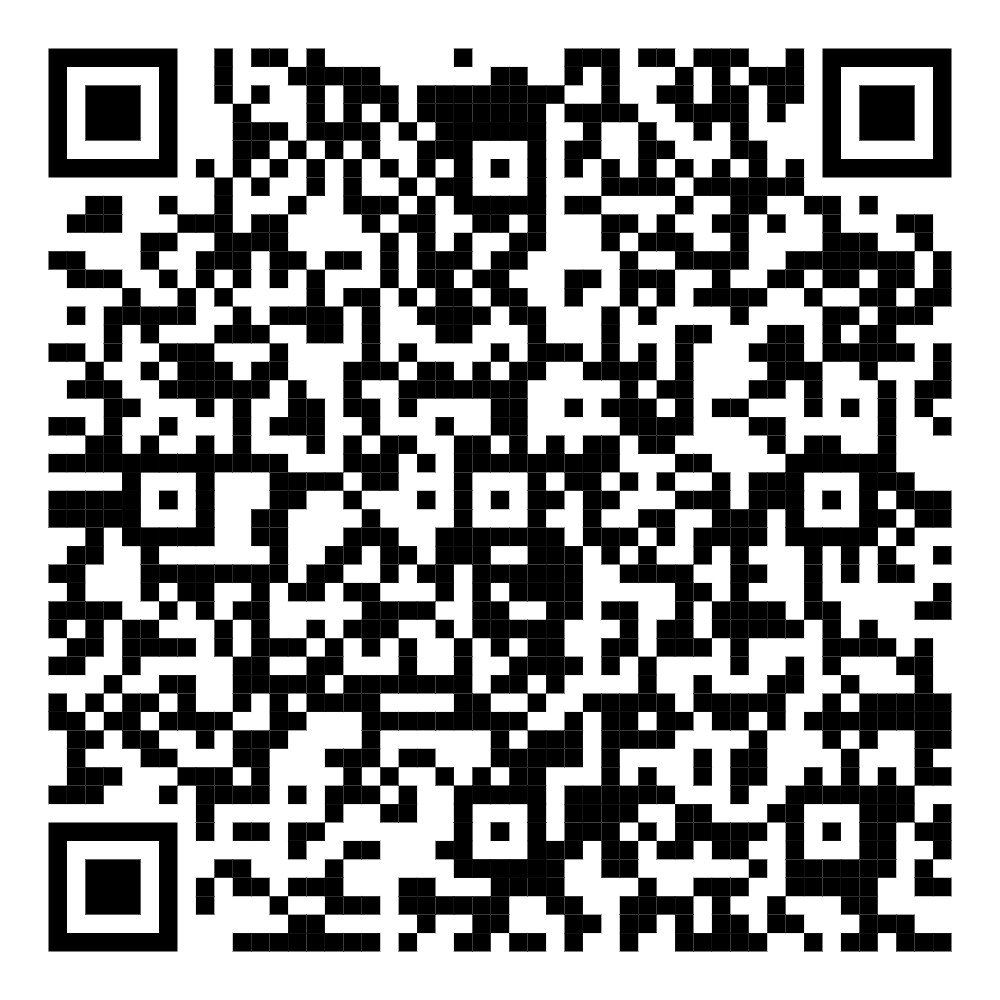The government of Botswana thinks there is a chance for the nation to engage in the Southern African automobile industry sphere.
Approximately sixty percent of the parts utilized in African cars are still sourced from other continents. Given Botswana's contiguity, this could be seen as a chance to precipitously incorporate interest in that country's rapidly expanding motorized cost succession, according to Tshenolo Modise, the high commissioner of Botswana.
"We in Botswana are sure they can accept and function as a starting point for a variety of component manufacturers that want to provide the South African auto sector." Modise claims that this initiative will diversify Botswana's economy away from "its overreliance upon raw materials," although also creating long-term job possibilities in a nation where unemployment is at 24.5%.
Ninety-one percent of Botswana's exports are diamonds. However, still, they are available only in a finite amount, and the country should not be over-depleting its source to sustain it for the future. Separately after constituent makers supplying South African automobile producers, the nation is looking for alternative component makers, for example, individuals producing cushions, rugs, and disc brake pads, to customary up a workshop in the country and utilize it as a basis for exports to the rest of Africa.
Botswana's government's objective is to explore cross-over borderline price franchise relations.
Botswana's challenge is to create an export-driven, knowledge-based economy.
According to him, the higher moderate salary nation offers A-grade sovereign credit ratings, well-managed inflation, chances for international commerce through a range of consensual and multiparty exchange agreements, a stable, literate workforce, and prolonged encouraging financial development.
Additionally, it is the least corrupt nation on African soil.
According to Olebile, Botswana lies "exactly at the center" of the Southern African Development Community and is close to most South African car factories. He points out that anywhere the Ford, BMW, and Nissan facilities are situated just 350 kilometers away from Gaborone and that Durban, the home of Toyota, is 917 kilometers away.
"The businesses which are previously in the country must not be there having problems with timely delivery," claims Olebile.
These businesses include Chloride Botswana, which manufactures car batteries and wiring kits.
He also mentions that Botswana has a commercial duty rate of about twenty-two percent. An innovative producer, however, might pay 15% in business duty. Unusual financial regions whitethorn provides even greater benefits, such as 99-year land leases, fast-track land allocation, 5% company duty aimed at the primary 10 centuries, then ten percent afterward, besides a twenty-five percent discount on the price of National terrestrial.
The electricity supply is also not an issue because, by the end of 2023, Botswana is anticipated to be self-sufficient in energy supply. Modise and Olebile discussed the construction of modest automobile commerce in Botswana at a webinar presented by Deloitte.






